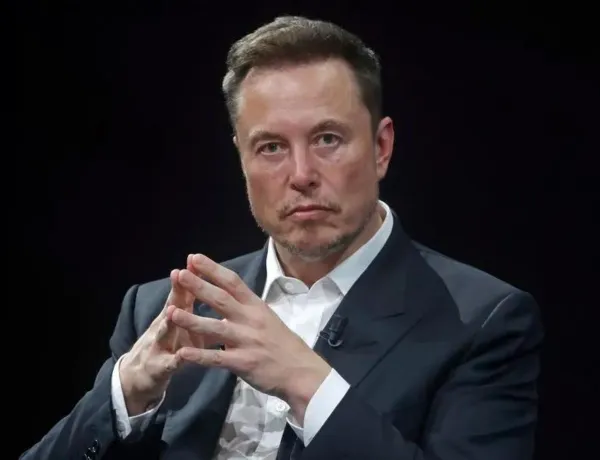At VivaTech on Friday, Elon Musk presented a vision of a future profoundly transformed by artificial intelligence, predicting a world where traditional jobs might become obsolete. Speaking remotely, Musk painted a picture that left many attendees contemplating a future dominated by automation. He also praised Neuralink’s potential to “help a lot of people with brain injuries,” adding a hopeful note to his bold predictions.

Musk acknowledged the widespread anxieties surrounding the impact of AI on employment. He stated, “In a benign scenario… probably none of us will have a job… there will be, not universal basic income, universal high income, there will be no shortage of goods or services.” In this envisioned future, any job a person performs would be “optional,” more akin to a hobby than a necessity.
While some might view this as a utopian vision, Musk emphasized the need to carefully consider the ethical implications of AI development. He expressed concerns about existing AI programs being trained with what he termed “political correctness,” which he believes could have disastrous consequences. “If you’ve got an AI that has been trained so hard for political correctness… and really, to make crazy statements like that… and OpenAI has a similar issue. It’s more subtle, but it’s a similar issue. I think that’s extremely dangerous,” he elaborated.
Musk’s vision of a job-free future, driven by an ethically developed and “truth-seeking” AI, has sparked significant debate. The question now is whether humanity will embrace a world of leisure or face the potential pitfalls of unchecked technological advancement. Only time will tell how society navigates these profound changes.
Musk’s statements at VivaTech have ignited discussions about the balance between innovation and ethics in AI development. As we stand on the brink of a new era, his insights remind us of the critical choices ahead in shaping a future that benefits all of humanity.
